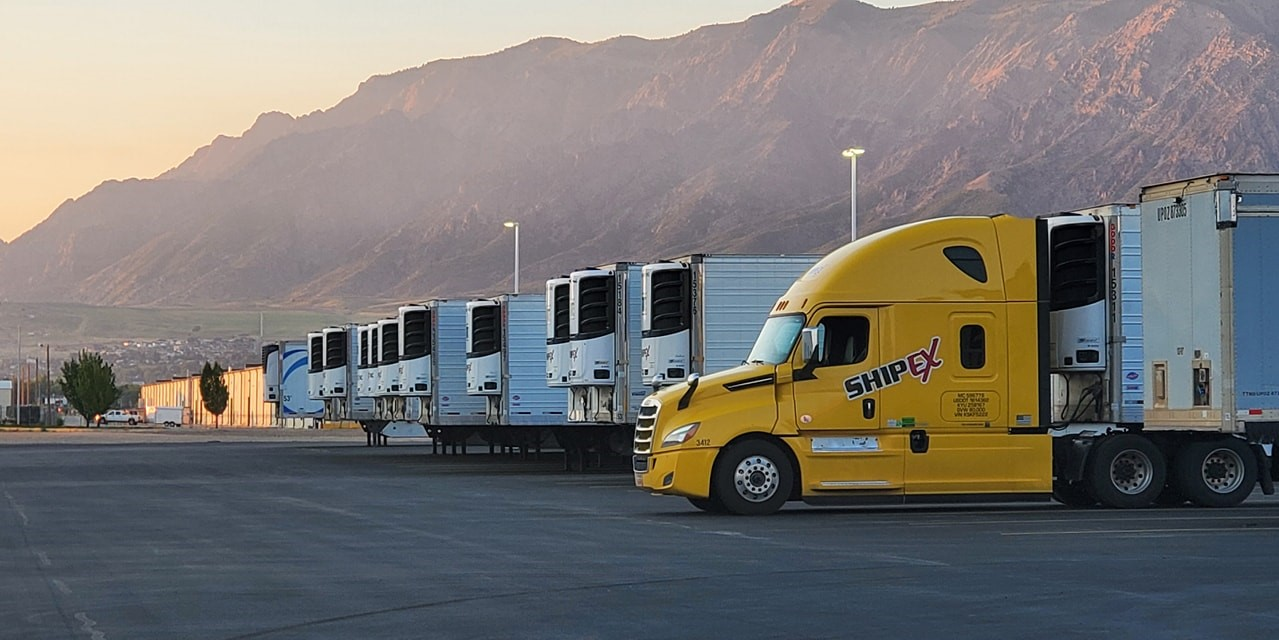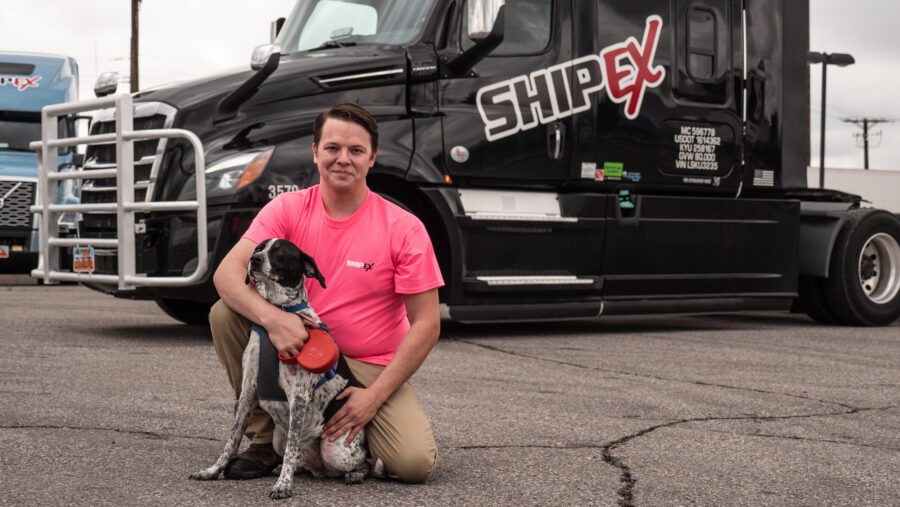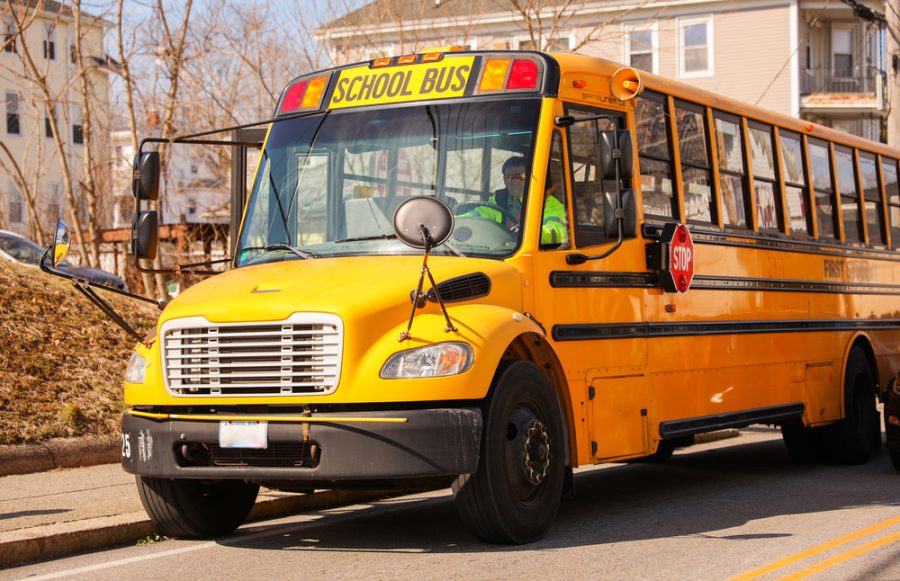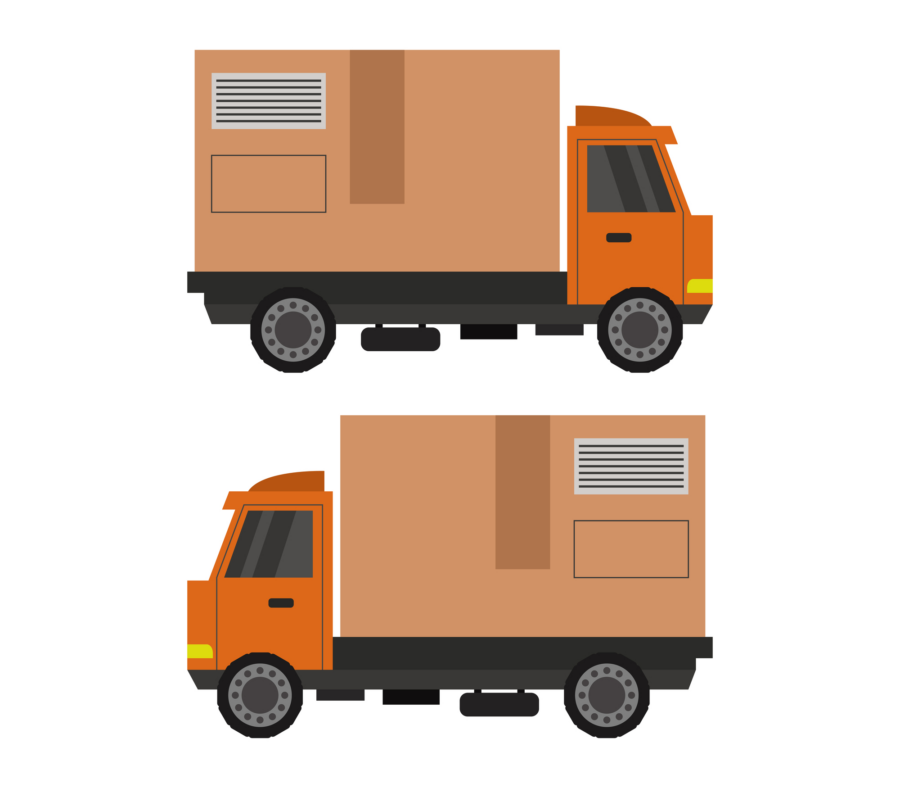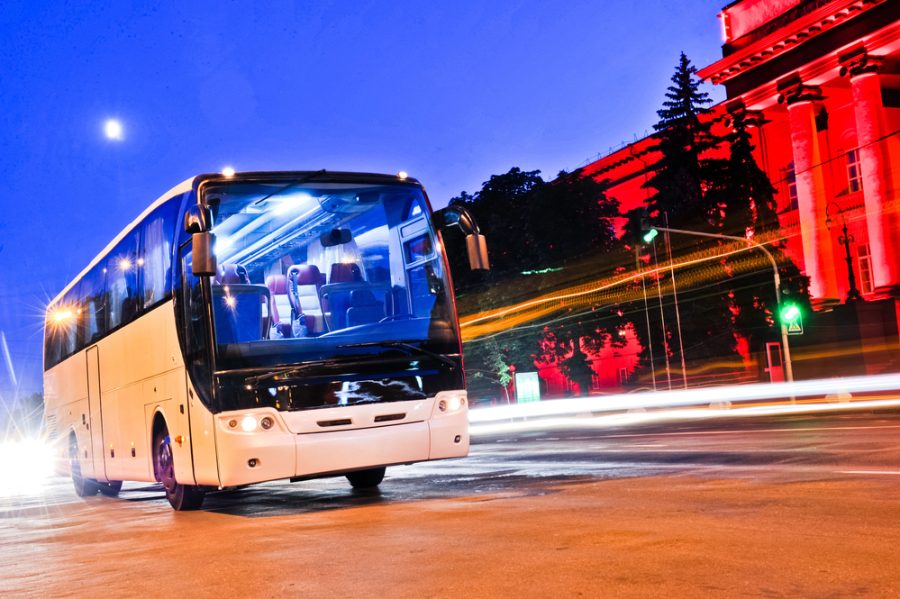In the transportation world, the Commercial Driver’s License (CDL) is a must-have for anyone who wants to drive commercial vehicles. This is more than just a piece of plastic it’s a key to many career opportunities and plays a big role in keeping our transportation systems safe and efficient.
What is a Commercial Driver’s License (CDL)?
A Commercial Driver’s License (CDL) is a special permit that opens up a world of opportunities for those who want to become truck drivers and drive commercial vehicles. A standard license covers personal vehicles a CDL is required for those who want to handle the bigger and more complex commercial vehicles including heavy-duty trucks and buses.
The difference between a CDL and a regular license is big. Commercial vehicles require specialized skills and knowledge to operate safely and efficiently. That’s why the driver needs to attend a CDL school that will train aspiring truck drivers with the CDL skills and knowledge.
CDL holders keep the economy moving by safely transporting goods and passengers. To do that they go through intense training to learn the ins and outs of commercial vehicles. The CDL is more than just a license it’s a commitment to safety, skill, and expertise in the transportation world.

CDL Classes
If you’re considering a career in commercial driving one of the first things you’ll encounter is the many Commercial Driver’s License (CDL) classes and endorsements. CDLs are not one size fits all they are specific to different types of vehicles and operations. These are the main classes you’ll need to consider before you start your truck driving school to make sure you’re getting the right certification for your desired career. Each CDL license has different training program requirements and CDL license fees. Be sure to consider the cost of getting a CDL license when choosing your program so you can prepare properly.
Class A CDL: The Heavy Haulers
The Class A CDL is the big dog of commercial driving. It covers the operation of the largest and most complex commercial vehicles on the road. Think tractor-trailers also known as “big rigs” or “semi-trucks”. These big machines are used to haul goods across long distances and make up a big part of the trucking industry.
Getting a Class A CDL requires intense testing and a demonstration of proficiency in handling these big machines safely. Drivers must pass written exams and a CDL skills test including the challenging skills test called the pre-trip inspection where drivers must show their knowledge of the vehicle’s components and safety features.
With a Class A CDL, you’ll be able to haul heavy loads, over the road and work for many industries such as grocery, retail, pharmaceuticals, and more.
Class B CDL: Commercial Driving Versatility
The Class B CDL covers vehicles that are smaller than Class A but bigger than standard vehicles. These include delivery trucks, school buses, and passenger buses among others. Class B drivers are responsible for safely transporting passengers or cargo making them essential for many industries and services.
Getting a Class B CDL requires less training and testing than Class A but drivers still need to pass written exams and practical skills tests specific to Class B vehicles. They also need to learn skills like parallel parking, backing up, and maneuvering in tight spaces.
With a Class B CDL, you’ll find opportunities as a school bus driver, delivery driver, or shuttle bus driver and a diverse and fulfilling career.
Class C CDL: The Catch-All
The Class C CDL is the catch-all category for vehicles that don’t fit into Class A or Class B but still require a CDL to operate. These vehicles may include smaller buses, vans transporting hazardous materials, or vehicles designed to transport a certain number of passengers. Class C drivers must follow specific regulations and endorsements depending on their vehicle and cargo.
Class C CDL holders must pass written exams related to their vehicle and operations to show they have a good understanding of the rules and safety procedures for their job. This category is for individuals who need a CDL but don’t need the extensive training of Class A or Class B.
Endorsements: Customize Your CDL
While the main CDL classes cover different types of vehicles, endorsements allow drivers to customize their CDLs further. Endorsements are additional certifications that show a driver can handle specific situations or cargo types safely. Some common endorsements include:
- Hazardous Materials (H): This endorsement allows drivers to haul hazardous materials such as chemicals or explosives. It involves a background check and written test.
- Tanker (N): Tanker endorsements are required for drivers who haul liquids, gases, or bulk materials in tanks. Drivers must pass a written test specific to tanker operations.
- Passenger (P): Passenger endorsement is required for drivers who transport passengers such as in a bus or shuttle service. It includes a written exam and in some cases a skills test.
- School Bus (S): This endorsement is for drivers who operate school buses. It involves additional training and testing to ensure the safety of school children.
Knowing the CDL classes and endorsements is key if you’re thinking of a career in commercial driving. Whether you want to be a long haul trucker, a school bus driver, or a hazardous materials transporter there’s a CDL class and endorsement combination that fits your goals and allows you to operate the vehicle of your choice. As you start your journey into commercial driving remember each class and endorsement is an opportunity to gain more skills and more career options in this vital industry.
CDL holders are the backbone of the supply chain and logistics industry, getting goods delivered. The economic impact of CDL jobs is huge, contributing to wages and taxes not only in the US but globally.
Conclusion
In summary, the Commercial Driver’s License is not just a license; it’s the key to a whole world of opportunities in the trucking industry. We’ve covered in this blog that CDLs come in different classes and can be customized with endorsements to meet different transportation needs. Whether you’re looking to get into truck driving or just curious about the role of CDLs in our society you need to understand their importance.
If you’re thinking of a career in trucking, check out CDL requirements and sign up to a CDL school and you’ll be on your way. The world of CDLs is big and exciting, get in.
